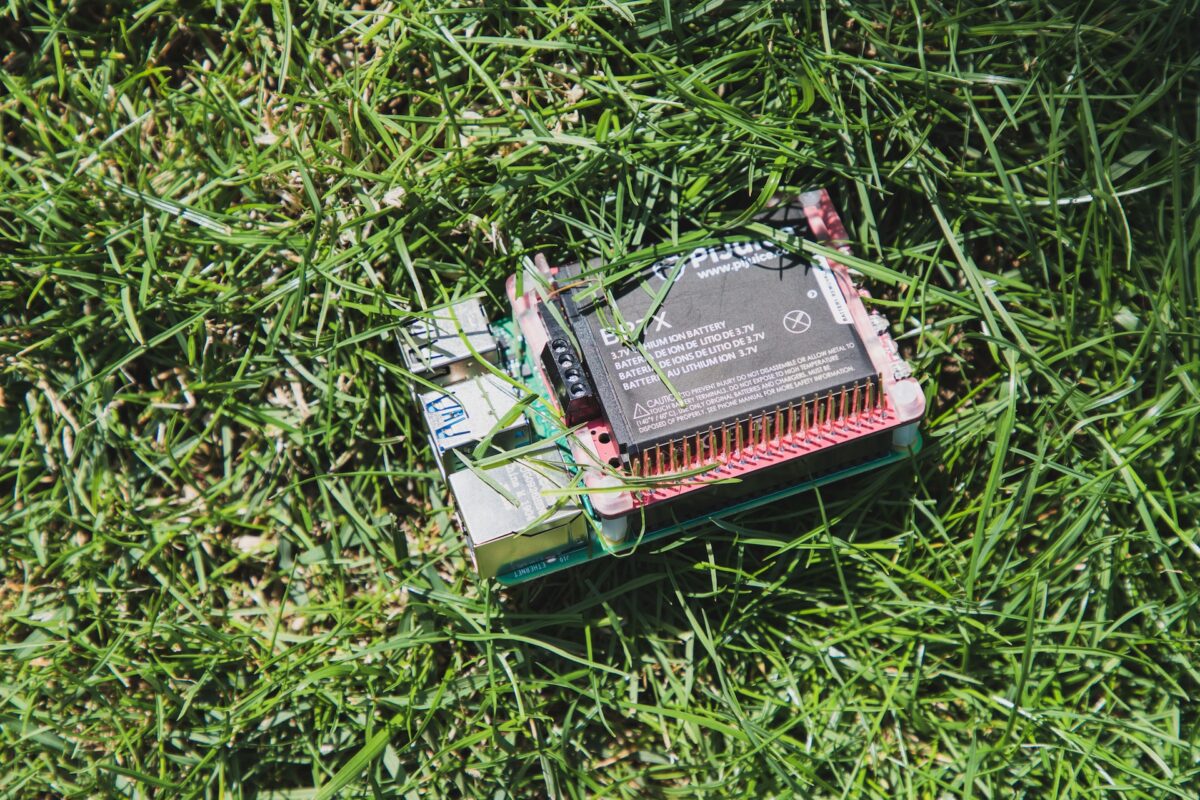Best Practices for Electronic Waste Disposal in the Workplace

Electronic devices, from computers to printers, scanners, and other electronic equipment, have become integral to businesses. However, as these devices become obsolete or damaged, they can pose a significant environmental hazard if not disposed of properly. In this article, we will discuss the best practices for the disposal of IT equipment for your business.
What Is Electronic Waste?
Electronic waste, also known as e-waste, refers to any electronic device that is no longer needed or usable. E-waste includes various electronic equipment, from computers and mobile phones to printers and copiers.
These devices often contain hazardous substances, such as lead, cadmium, and mercury, which can pollute the environment if not disposed of properly.
Why Is Proper Disposal of Electronic Waste Important?
Proper electronics waste disposal is crucial for several reasons, including:
- Environmental protection: Electronic devices contain hazardous substances that can contaminate soil, water, and air if not disposed of properly. Improper disposal of e-waste can result in severe health and environmental hazards.
- Data security: Electronic devices also often contain sensitive data that can be compromised if not disposed of properly. Proper disposal of e-waste ensures that confidential information is destroyed.
- Compliance: Many states and countries have laws and regulations governing the disposal of e-waste. Failure to comply with these regulations can result in fines and legal penalties.
How to Dispose of Electronic Waste for Your Business
Here are ways how you can dispose of your business electronic waste safely and responsibly:
Assess Your E-Waste
The first step in disposing of electronic waste for your business is to assess the types and quantities of e-waste you have. Make a list of all electronic devices that are no longer needed or usable and determine whether they can be reused, recycled, or disposed of as hazardous waste.
Reuse or Donate
If your electronic devices are still in working condition, consider reusing them or donating them to a charity or nonprofit organization. Many organizations accept used electronics and refurbish them for resale or donate them to needy people. This is a great way to extend the life of your electronic devices and reduce waste.
Recycle
Many electronic manufacturers and retailers offer recycling programs for their products. You can also check with your local waste management facility or electronic recycling center to find out where to recycle your e-waste.
Secure Data
Before recycling your electronic devices, ensuring that all sensitive data is securely erased is essential. This can be done by using data-erasing software or physically destroying the hard drive. Many electronic recycling centers offer data destruction services to ensure all confidential information is destroyed before recycling.
Dispose of Hazardous Waste
Some electronic devices, such as batteries and computer monitors, contain hazardous substances that require special disposal procedures. Check with your local waste management facility or electronic recycling center to find out how to dispose of hazardous e-waste safely.
Best Practices for E-Waste Disposal
As technology advances, the number of e-waste increases, making proper disposal an arising problem. Fortunately, there are a few best practices for e-waste disposal, such as the following:
Plan Ahead
Keep track of all electronic devices and determine their expected lifespan and disposal requirements. This will help you anticipate when e-waste must be disposed of and plan for its proper disposal.
Educate Employees
Train your employees on the importance of proper e-waste disposal and provide guidelines for responsibly disposing of electronic devices. Encourage employees to recycle and reuse electronic devices whenever possible.
Choose Responsible Vendors
When purchasing new electronic devices, choose vendors that offer recycling programs and take responsibility for properly disposing of their products. Look for vendors that have a solid commitment to environmental protection and sustainability.
Stay Compliant
Stay up-to-date on local, state, and federal regulations governing the disposal of e-waste. Ensure that your business complies with all regulations and takes the necessary steps to dispose of e-waste effectively.
Conclusion
Disposing of electronic waste properly is essential for environmental protection, data security, and regulation compliance. By following the steps outlined in this article and adopting best practices for e-waste disposal, your business can help reduce the environmental impact of electronic devices and ensure that confidential information is securely destroyed.
Choose Green Atlanta Recycling for electronics waste disposal in Atlanta. As a reputable recycling facility, we offer affordable and sustainable solutions to both commercial and residential clients. Schedule a pickup of your e-waste today!